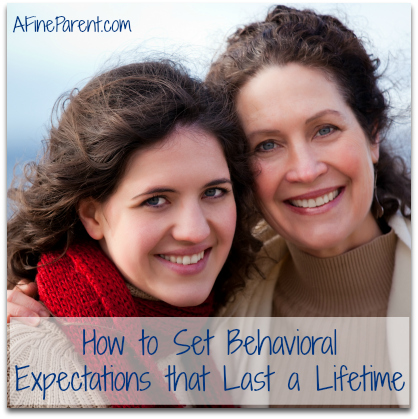 I thought it was an ordinary Tuesday. A day full of hope and promise for fun and learning. A normal day … until I looked at the clock.
I thought it was an ordinary Tuesday. A day full of hope and promise for fun and learning. A normal day … until I looked at the clock.
One minute the clock is kind – telling us we have plenty of time to get our people ready and out the door for a new day. Suddenly, it changes, almost screaming at us, “Hurry, hurry, hurry. We’re all going to be late!”
There is a missing shoe and cereal spilled on the floor; a stuck backpack zipper and a forgotten math test. I didn’t even hear myself until I was at least 6 words in to a rant about us always being late again and we can’t keep doing this and where in the world was that missing shoe?!?
We did what we always do. We let the dog clean up the cereal, I insisted (rather forcefully) on my youngest switching to a different pair of shoes, and then I started spouting out math facts as I worked on the zipper.
We were getting it done. But none of us were happy. And this was not the way I wanted to send everyone off on their day.
Have you had mornings like this?
A bad morning does not mean a bad day. Here are 8 ways to turn things around.
 How did your parenting year go? Are you the same parent today as you were on January 1st of last year? Are you the parent you want to be yet?
How did your parenting year go? Are you the same parent today as you were on January 1st of last year? Are you the parent you want to be yet? I want you to take a moment to contemplate this question.
I want you to take a moment to contemplate this question. My mother has a timeshare in Orlando, so every February, we head down there to spend a week taking in the parks, spending time poolside, and enjoying a break from the gloom of winter.
My mother has a timeshare in Orlando, so every February, we head down there to spend a week taking in the parks, spending time poolside, and enjoying a break from the gloom of winter. I am the child of a violent, alcoholic father and a narcissistic mother.
I am the child of a violent, alcoholic father and a narcissistic mother.